Getting queasy on boats happens to more people than you’d think—even folks who handle cars, planes, and trains just fine. There’s something about that constant rocking motion that messes with your inner ear differently than other types of movement. You might be perfectly fine on a bumpy flight, but turn green the moment you step onto a ferry.
The thing is, most remedies people suggest either don’t work or only help certain types of motion problems. Here is a list of 16 seasickness remedies that genuinely help when the water gets choppy.
Ginger Works Better Than Expected

Fresh ginger root beats a lot of prescription stuff for settling your stomach, though you need to start taking it before you feel sick. The crystallized kind works, too—just chew a piece about 30 minutes before getting on the boat.
Keep some with you because the effects wear off after a few hours, and you’ll want to keep taking more throughout your trip.
Those Pressure Point Bands Aren’t Just Hype
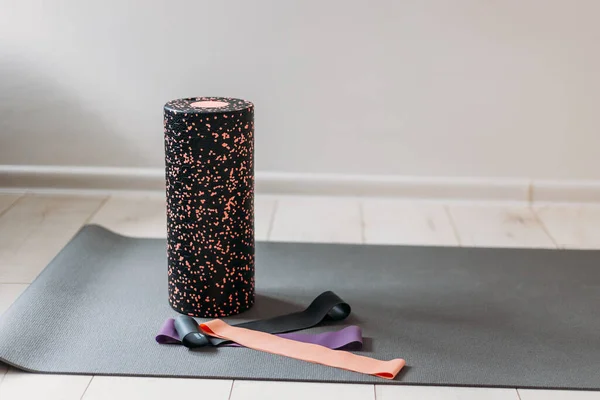
Acupressure wristbands look like simple elastic bands, but they actually do something useful when positioned correctly on your wrist. You want them sitting about three finger-widths down from your wrist crease, right between those two tendons you can feel.
They work by pressing on a specific spot that somehow helps control nausea—it sounds weird, but it genuinely helps many people.
Like Travel Pug’s content? Follow us on MSN.
Scopolamine Patches Are Serious Medicine

These prescription patches stick behind your ear and release medication slowly over several days. You need to put them on at least four hours before you travel, so plan.
They can make you drowsy and give you a dry mouth, but they’re the strongest option available for people who get really sick on boats.
Pick Your Cabin Location Carefully

Where you sleep on a ship makes a huge difference in how much motion you feel. Middle of the ship, lower decks — that’s your sweet spot because the rocking motion is less extreme there.
Avoid anything at the front or back of the boat if you can, since those areas move around the most when waves hit.
Get Outside and Look at the Horizon

Staying cooped up in your cabin when you feel sick usually makes everything worse. Fresh air helps, but more importantly, looking at the horizon gives your brain a stable reference point.
Your inner ear is telling you one thing about movement, but your eyes see something different — the horizon helps sort out that confusion.
Like Travel Pug’s content? Follow us on MSN.
Dramamine and Similar Pills

Basic motion sickness pills from the pharmacy work pretty well if you take them before you start feeling sick. Once nausea kicks in, pills are harder to keep down and don’t work as effectively.
Take them about an hour before boarding, and bring extra since the effects don’t last all day.
Breathing Exercises Sound Simple But Help
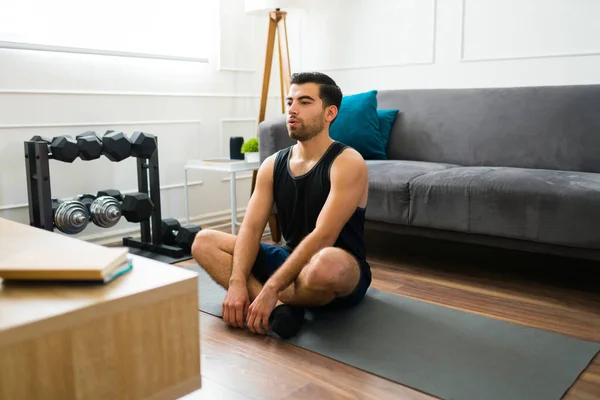
When you start feeling queasy, try breathing slowly and deeply instead of taking quick, shallow breaths. Count to four while breathing in, hold it for seven counts, then breathe out for eight counts.
It gives your mind something to focus on besides feeling awful, plus it helps calm down your nervous system.
Peppermint Oil on Your Temples

A tiny bit of peppermint oil rubbed on your temples can help with nausea — the smell and cooling sensation seem to override some of the sick feelings. Peppermint tea works, too, though the oil is stronger.
Don’t use too much oil, or it’ll burn your skin.
Like Travel Pug’s content? Follow us on MSN.
What You Eat Matters More Than You Think

Skip the big breakfast before getting on a boat. Light, bland foods like crackers or toast work better than heavy meals. Your stomach has enough to deal with without trying to digest a huge meal while everything’s moving around.
Save the fancy shipboard dining for when the water is calm.
Special Audio Tracks for Motion Sickness
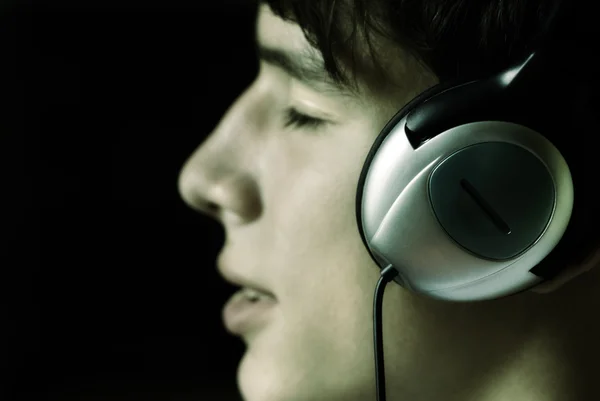
Some audio apps play different tones in each ear that supposedly help with motion sickness. You need headphones, and it doesn’t work for everyone, but some people swear by it.
The idea is that certain sound frequencies can help your brain process motion differently.
Vitamin B6 Helps Some People

Taking vitamin B6 a few hours before travel works for some folks, especially if you tend to get headaches along with motion sickness. It’s not magic, but it’s worth trying since it’s pretty safe.
Stick to normal doses — around 25–50mg — rather than megadoses.
Like Travel Pug’s content? Follow us on MSN.
Cold Water on Your Face

Splashing cold water on your face or putting a cold cloth on your forehead can give quick relief when you’re feeling awful. It triggers some kind of reflex that helps with nausea.
You can repeat this as often as needed without any problems.
Keep Your Mind Busy

Word games, simple puzzles, or light conversation can distract your brain from focusing on feeling sick. Don’t try to read a book or stare at your phone screen, though — that often makes things worse.
Stick to activities that don’t require close visual focus.
Stay Hydrated, but Be Smart About It

Dehydration makes seasickness worse, so keep drinking fluids throughout your trip. Sports drinks work better than plain water because they replace electrolytes you lose when you’re not feeling well.
Sip small amounts regularly rather than chugging large quantities.
Like Travel Pug’s content? Follow us on MSN.
Take Pills the Night Before

If you know you’re prone to seasickness, take your medication the evening before travel rather than waiting until morning. This gives the medicine time to get into your system properly before you start moving around on the water.
Extended-release versions work particularly well with this strategy.
Sleep Position Makes a Difference
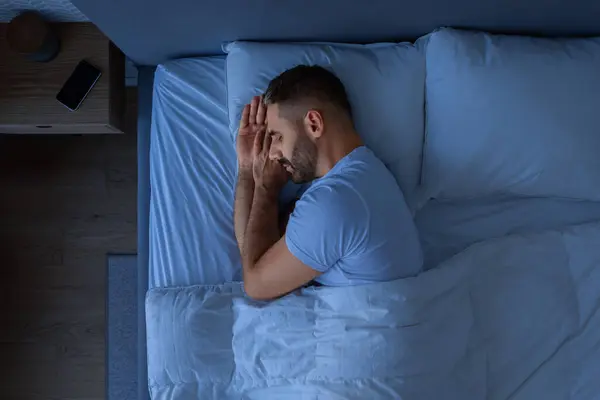
When you do lie down, keep your head elevated and try to face the direction the boat is moving. This reduces the confusing motion signals your inner ear receives while you’re trying to rest.
Getting good sleep before your trip also helps your body handle motion stress better.
Combining Methods Works Best
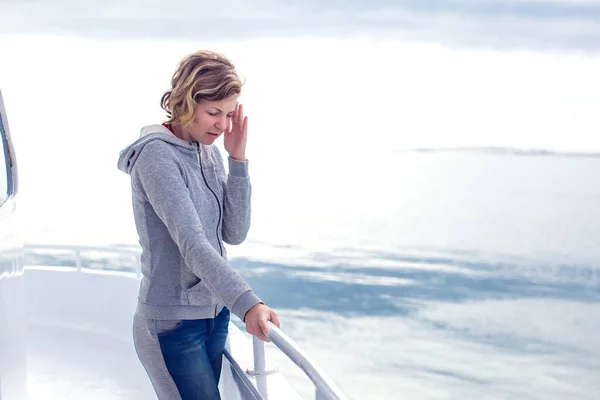
Most people find that using two or three of these approaches together works better than relying on just one remedy. Everyone reacts differently to motion, so you might need to experiment a bit to find what works for your particular situation.
The key is starting prevention before you feel sick rather than waiting until you’re already miserable.
Like Travel Pug’s content? Follow us on MSN.
More from Travel Pug

- 20 Best Beach Towns in the Carolinas
- 13 Destinations Where Tourists Regularly Regret Their Trip
- 20 Things You Actually Get in First Class
- 20 Small Airports With Aviation Museums
- 20 Places in the U.S. That Are Perfect for a Reset Trip
Like Travel Pug’s content? Follow us on MSN.
